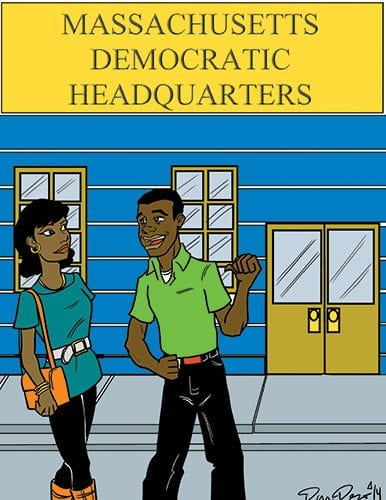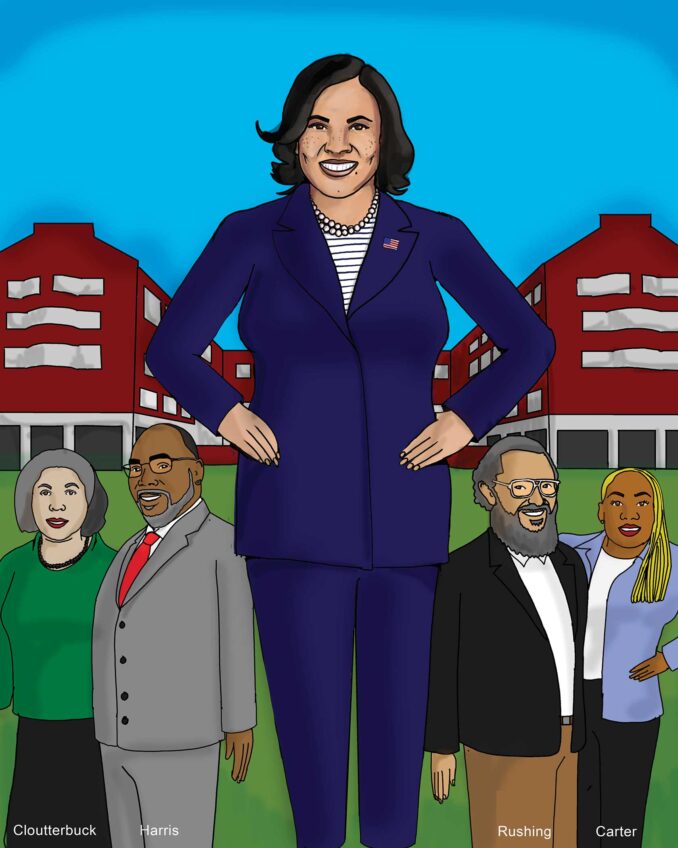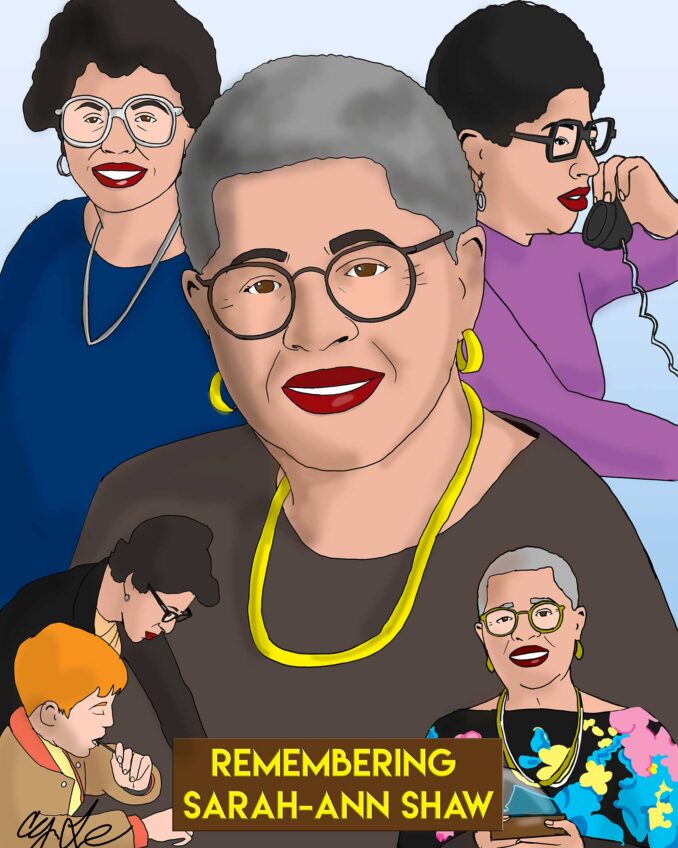
In Massachusetts, civic-minded citizens go to the polls to vote in every election for governor. While that is commendable, it is no longer enough. Political campaigns have become pitched battles between wealthy conservatives and persistent plebeians. Recent U.S. Supreme Court decisions liberalizing restrictions on campaign contributions have shifted the advantage to the plutocrats.
Massachusetts is one of the bluest of the blue states so there might be some indifference about which party holds the corner office on Beacon Hill. Such an attitude would be mistaken. Having lost the White House and control of the U.S. Senate, Republicans have undertaken a national campaign to control the state houses, and the campaign is working well. Now 30 of the 50 states have Republican governors.
Despite the propensity to be a Democratic state, four of the last eight elections for governor in Massachusetts have been won by Republicans. William Weld won twice (1990, 1994) and Paul Cellucci and Mitt Romney each won once (1998, 2002). For Democrats, Mike Dukakis won twice (1982, 1986) as did Deval Patrick (2006, 2010). So a Democratic victory for governor in November is by no means assured. In fact, the Republican hopeful, Charlie Baker, is a very attractive candidate.
The question that many will ask is “what difference does it make?” Unfortunately, the stalemate in Washington has stifled public enthusiasm for involvement in politics. But to succumb to apathy is a victory for the conservatives. The country is now involved in a battle to determine the extent to which unbridled campaign contributions can enable the affluent essentially to buy elections. Enthusiastic public support for alternative candidates is the only effective remedy to prevent that from happening.
By and large the Republican governors have not benefitted their black and Latino citizens. A disproportionate number have refused extended Medicaid under Obamacare to provide health insurance coverage for low-income residents. Also, some Republican governors have supported rigid photo ID laws that would make it more difficult for the poor and the elderly to vote.
While it is unlikely that a Republican governor in Massachusetts would attempt to impose such restrictions, voters cannot ignore the fact that a Republican would be a member of a party that supports such punitive measures. There is no better way for voters to express their disdain for such policies than to reject candidates of the party that supports them.
This does not mean that all Democratic candidates should get a free ride. Just being blue won’t do. When choosing among candidates with an acceptable policy position, the next question is which has the greater possibility of winning. As they say, “politics is not Tiddledy Winks.” The objective is to win the election. There are few candidates with the charisma and qualifications of Elizabeth Warren who can emerge from obscurity and ride to the U.S. Senate.
There are five Democratic candidates for governor: Joseph Avellone, Donald Berwick, Martha Coakley, Steven Grossman and Juliette Kayyem. The Democratic Convention on June 13 and June 14 will undoubtedly winnow the number. A candidate has to get 15 percent of the votes at the convention in order to participate in the election.
Political activists must choose a candidate for governor, and soon. The only two sources of secular power in American politics are money and votes. That was true before the impact of “Citizens United” and still the rule remains the same. Now the average voter must work sooner, smarter and harder to acquire and secure political power. It would be too late simply to wait for Election Day.






